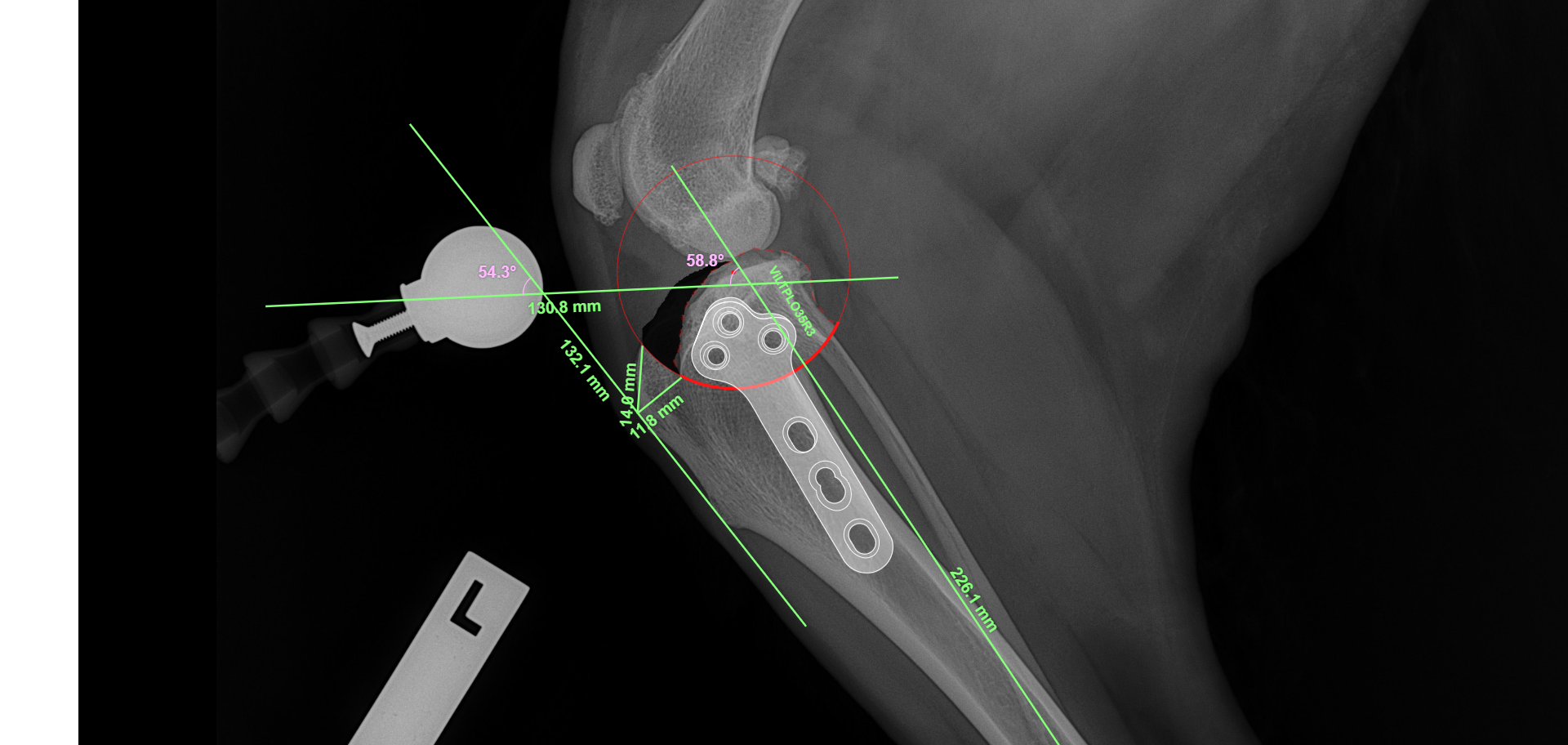Orthopaedic Surgery in Newcastle
Newcastle Orthopaedic Surgery
At Westlakes Veterinary Hospital in Newcastle, we provide advanced orthopaedic and complex referral level surgery to support pets experiencing mobility challenges. Whether due to genetic conditions, arthritis, injuries or trauma, our team assesses and treats a wide range of musculoskeletal concerns. Procedures include fracture plating, pinning, joint reconstruction and tendon repair—carried out using modern equipment and evidence-based techniques.
Our experienced small animal veterinary surgeons can offer a complex surgery service in the local area. We are also taking advanced surgical referrals for other local practices in the Central Coast, Lake Macquarie, Newcastle, and beyond. Complex surgeries currently being offered include: spinal surgery (spinal decompression), fracture repair (plating and pinning), limb amputation, joint fusion (arthrodesis), angular limb correction, total hip replacements (THR), patella luxation surgery (MPL), cruciate ligament repair (Tibial Plateau Levelling Osteotomy - TPLO, Tibial Tuberosity Advancement - TTA, DeAngelis procedure), and many others.
Each surgery is supported by thorough pre-anaesthetic testing, tailored pain relief and ongoing post-operative monitoring. If your pet is limping, reluctant to move or showing signs of discomfort, a consultation may help determine the next steps. We also work in conjunction with our diagnostic services, medical testing and recovery planning to provide integrated care throughout the process.
Ensuring your pet’s long-term mobility and comfort is our priority. Our orthopaedic surgeries are performed with precision, using the latest techniques to provide the best possible outcomes. If your pet is experiencing pain or mobility issues, early intervention is key to improving their quality of life and preventing further complications. To learn more or discuss an orthopaedic assessment, contact our team on (02) 4959 5766.
Spot the Signs & Take Action
Early intervention plays an important role in successful orthopaedic treatment. If your pet is showing signs of weakness or dragging their feet while walking, it could indicate an issue with the joints, bones or tendons. Identifying and addressing these changes early can reduce the risk of further complications and improve recovery outcomes.
Common signs to monitor include:
- Limping or favouring one limb
- Hunched posture or visible discomfort
- Hesitation to jump, run or climb stairs
- Whimpering or vocalising during movement
- Stiffness after rest or sleep
- Noticeable muscle loss in a limb
These signs may suggest an underlying orthopaedic condition. Our team uses advanced diagnostic tools to evaluate your pet’s mobility and determine an appropriate treatment plan. Whether the issue is mild or more complex, we aim to support your pet’s comfort, mobility and long-term wellbeing.






